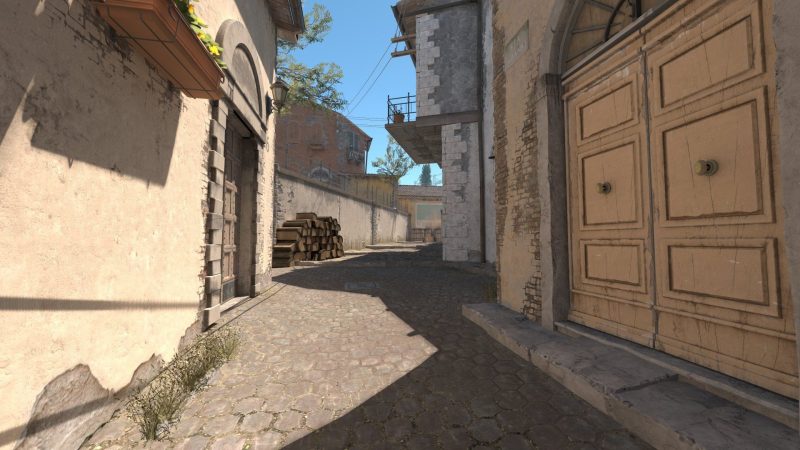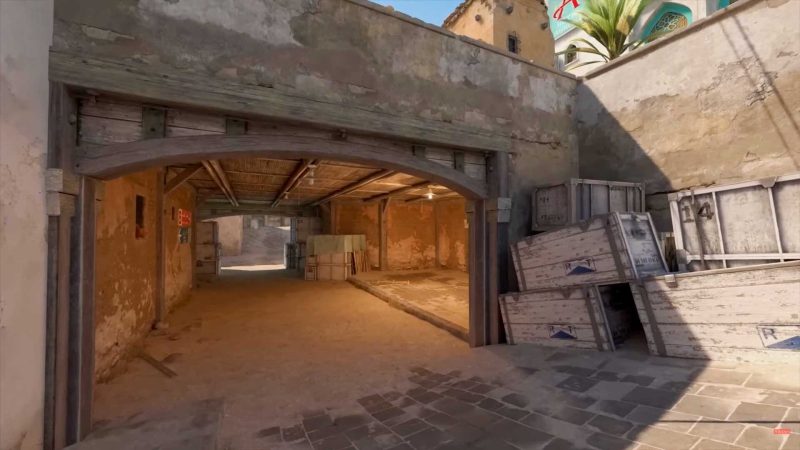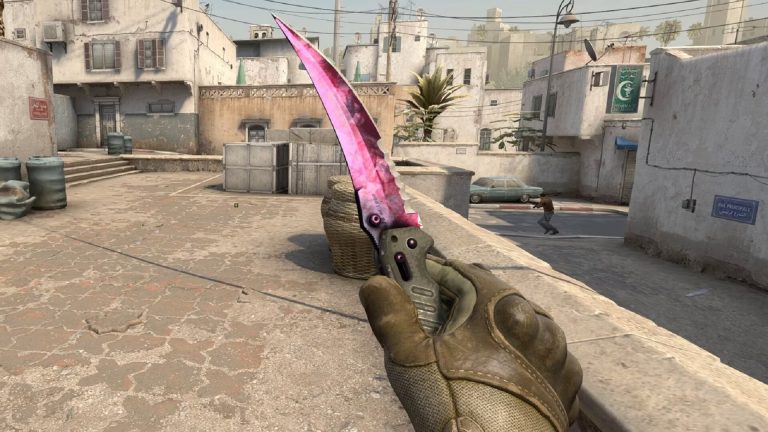Valve’s recent decision to ban nearly a hundred Counter-Strike: Global Offensive accounts have just shaken its community as it has targeted several high net-worth accounts. The fallout from the ban wave has led to an estimated $6 million or so worth of in-game items – including one-of-a-kind skins, stickers, gloves, and knives – now stranded in digital limbo.
The bans follow accusations of illicit cryptocurrency laundering leveled by the gambling site, CSGOEmpire, against its rival platform CSGORoll. CSGOEmpire published a spreadsheet listing CS:GO traders alleged to have participated in the scheme. Notably, all but one of the traders on the controversial document have now found themselves hit by the ban hammer, fueling speculation that the crackdown was targeted.
CSGOEmpire has triumphantly touted this action as a victory over its competitor, which it accused of “illegally laundering $12.7 million in crypto over the last month alone.” It also alleged attempts at blackmail to deter the list’s publication. But, the allegations have been categorically denied by the owner of CSGORoll, who insists that the platform is a “gamified skins trading platform,” not a gambling site. He argued that the absence of cash withdrawal options ensures it is not classified as a casino in its largest markets.
A new dawn. pic.twitter.com/395zCyrJ9N
— Warren (@variancewarren) June 29, 2023
The murky circumstances surrounding the ban wave have ratcheted up tensions within the CS:GO community. Many traders, fearing further bans, have reportedly begun selling their in-game assets. Valve’s refusal to comment on the issue hasn’t helped either.
The ban wave has already had significant impacts on the CS:GO economy and it’s only bound to get worse. With some $6 million or so worth of in-game skins looking at being permanently deleted from the game, the game’s economy could fall apart and affect even individual player behavior.
This doesn’t paint CS:GO and Valve in a good light, especially with the impending release of Counter-Strike 2.

Yet, the situation is not as straightforward as it may initially seem. The public feud between CSGOEmpire and CSGORoll has played out in the backdrop of a broader regulatory environment that has increasingly frowned upon links between gaming and gambling. In May, Valve took action against a number of traders linked to gambling sites. Furthermore, Steam’s Code of Conduct expressly forbids using Steam accounts for gambling, thereby adding a layer of legal complexity to the issue.
While accusations fly and speculations abound, we should note that these allegations are exactly what they are – baseless accusations. CSGORoll’s owner maintains that their operations are legal, with contracted skin suppliers not allowed to play games on the platform, thus enabling the site to pay them in crypto for their skins. This policy, he asserts, is lawyer-vetted and continually updated to ensure compliance with evolving regulations.
This latest round of bans could significantly shape the future of trading within CS:GO. The ban wave, when coupled with the unveiling of Counter-Strike 2 earlier this year, marks an inflection point for the franchise.

As traders nervously eye their in-game assets, the ramifications of the bans — whether targeted or a part of a server-wide crackdown — could be felt for years.
Amidst the fallout, one thing is for sure: Valve’s actions will cast long shadows over the future of CS:GO and reshape the landscape of in-game trading.

